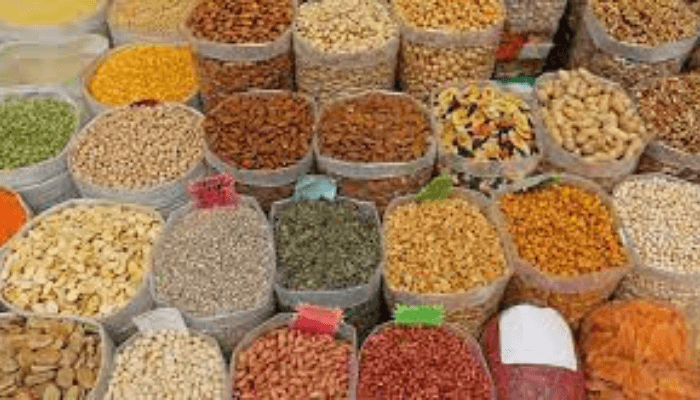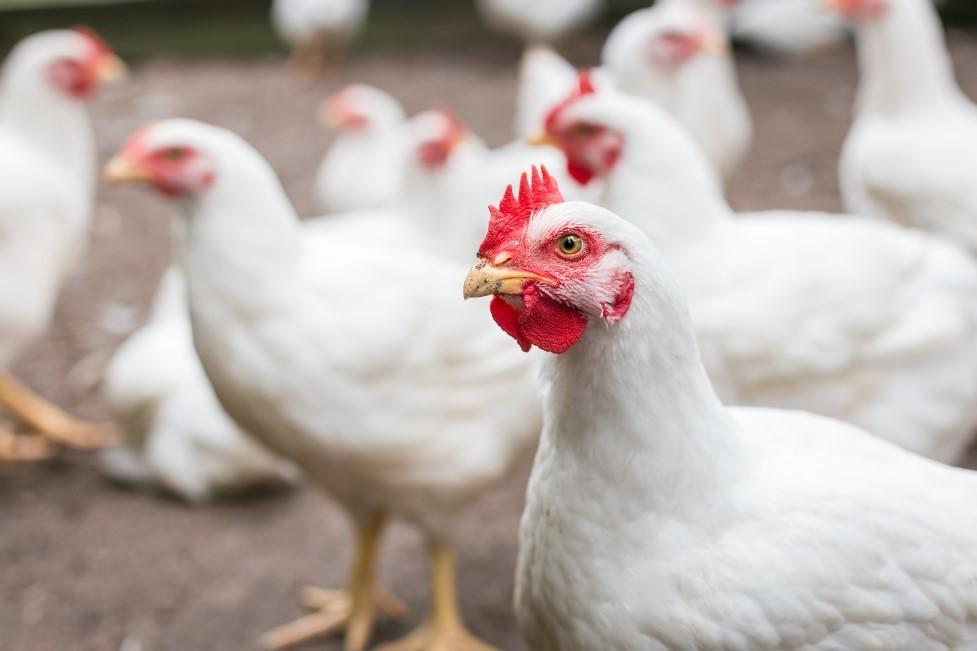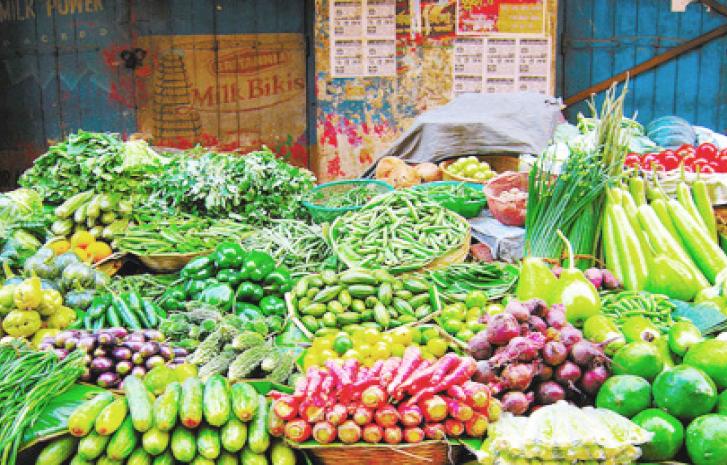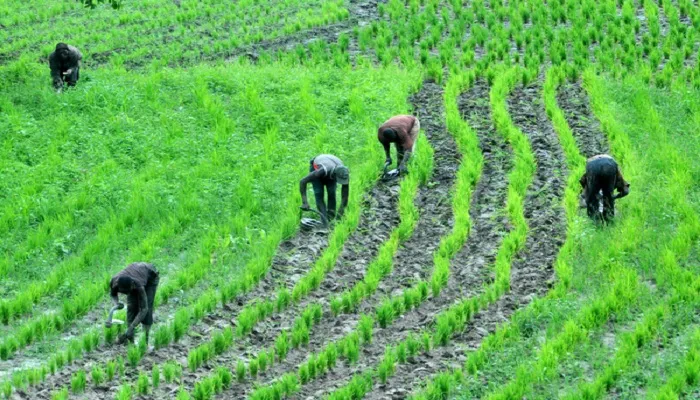Factors Affecting Agricultural Extension Services In Nigeria – Agricultural extension services in Nigeria are government-run programs that aim to provide farmers with information, education, and technical assistance to improve their farming practices and increase crop yields. These services are typically provided by extension agents who work in the field, visiting farmers and providing them with information on best practices, new technologies, and available resources. The goal of these services is to promote sustainable and profitable farming, as well as to increase food security in Nigeria. Information Guide Nigeria
Read Also: 10 Factors Affecting Curriculum Innovation in Nigeria
What is Agriculture?
Agriculture is the cultivation of land, raising of animals, and production of crops for human consumption and other uses. It includes practices such as crop rotation, irrigation, and the use of fertilizers and pesticides. The goal of agriculture is to produce enough food to sustain a population, and it is a vital part of human civilization.
What are Agricultural Extension Services?
Agricultural extension services refer to the various programs and services that help farmers and rural communities improve their agricultural practices and increase their productivity. These services can include providing information and training on new technologies, best practices, and market trends; promoting sustainable and efficient farming methods; and connecting farmers to resources such as funding and equipment. The goal of agricultural extension services is to improve the livelihoods of farmers and help them meet the food needs of their communities.Factors Affecting Agricultural Extension Services In Nigeria
Read Also: 10 Factors Affecting National Unity In Nigeria
Advantages of Agricultural Extension Services in Nigeria
Agricultural extension services in Nigeria can provide a variety of benefits to farmers and rural communities. Some of the advantages include: Romantic Love Messages
- Access to Information and Technology: Extension services can provide farmers with up-to-date information on best practices for crop and livestock production, as well as access to new technologies that can improve yields and reduce costs.
- Improved Productivity: With the right information and technology, farmers can increase their crop and livestock yields, which can lead to higher incomes and improved food security.
- Increased Access to Markets: Extension services can help farmers connect with buyers and markets, which can increase the value of their products and improve their livelihoods.
- Support for Sustainable Practices: Extension services can promote sustainable agricultural practices that protect the environment and improve the long-term productivity of the land.
- Empowering Women and Youth: Extension services can target women and youth in their outreach efforts, providing them with the information and resources they need to succeed in agriculture and improve their livelihoods. NYSC Portal
Agricultural Extension Services and the Nigerian Society
Agricultural extension services in Nigeria have a long history, dating back to the colonial period. In the early 1900s, the British colonial government established the Department of Agriculture, which was responsible for providing farmers with information and advice on modern farming techniques. This department was later restructured and renamed the Federal Department of Agriculture in 1948.
Read Also: 10 Factors Affecting Curriculum Development In Nigeria
After Nigeria gained independence in 1960, the government continued to provide extension services through the Federal Ministry of Agriculture and Rural Development. In the 1970s and 1980s, the government implemented many programs aimed at increasing agricultural productivity, such as the Green Revolution and the Accelerated Agricultural Development Scheme.
In recent years, the government has continued to invest in agricultural extension services, with a focus on increasing the use of technology and modern farming techniques. Private sector organizations have also begun to play a larger role in providing extension services. However, despite these efforts, agricultural productivity in Nigeria remains low due to a lack of access to credit, infrastructure, and markets, as well as ongoing issues with land tenure and conflict.Breaking news: Lampard back to Chelsea?
Factors Affecting Agricultural Extension Services in Nigeria
Some factors can affect the effectiveness of agricultural extension services in Nigeria, including:
- Limited Funding: Agricultural extension services in Nigeria are often underfunded, which can limit the resources available for training and education programs. Good Morning Love Message
- Lack of Infrastructure: Poor infrastructure, such as a lack of roads and communication networks make it difficult for extension agents to reach farmers in remote areas.
- Limited Access to Information: Farmers may have limited access to information about new technologies and best practices, which makes it difficult for extension services to provide effective training and education.
- Socio-Economic Factors: Socio-economic factors such as poverty, illiteracy, and low education level limit the effectiveness of extension services by making it difficult for farmers to understand and implement new practices.
- Political and Bureaucratic Factors: Political instability and bureaucratic constraints affect the effectiveness of extension services by making it difficult for extension agents to access the resources and support they need to do their job.
Read Also: 10 Factors Affecting Unemployment In Nigeria
- Low Adoption Rate: Even when extension services are well-funded, well-equipped, and well-staffed, farmers may not always adopt the new technologies and practices recommended by extension agents. This could be caused by a lack of trust in the extension service providers or a lack of awareness of the benefits of the new technologies.
- Climate Change: Climate change leads to unpredictable weather patterns, which makes it hard for farmers to plan and manage their crops effectively. Extension services can play a role in helping farmers adapt to changing weather conditions. JAMB Portal
- Limited Access to Markets: Farmers may have limited access to markets for their products, which makes it difficult for them to generate income from their crops. Extension services help farmers develop new markets and improve their marketing skills.Today’sTransfer News: Chelsea, Arsenal, Man United, Liverpool, Madrid, Barca
- Lack of Technology: Many farmers in Nigeria may not have access to modern technologies and equipment, such as tractors, irrigation systems, and seed drills, which makes it difficult for them to improve their productivity. Extension services also play a role in helping farmers access and use these technologies.
- Limited Collaboration and Coordination: Extension services may not be well-coordinated and lack of collaboration among different stakeholders such as government agencies, non-governmental organizations, and private sector companies limit the effectiveness of extension services.
Read Also: 10 Factors Affecting National Development In Nigeria
Conclusion
Agricultural extension services in Nigeria play a vital role in helping farmers improve their productivity and income. These services provide farmers with access to the latest technologies, knowledge, and best practices in farming, which can help them to increase yields, reduce costs, and improve the quality of their products.
However, the effectiveness of these services is limited by a lack of funding and trained personnel, as well as a lack of access to markets for small-scale farmers. To improve the effectiveness of agricultural extension services in Nigeria, it is important to increase funding and training for extension workers and to develop more effective strategies for reaching small-scale farmers in remote areas.
Check JAMB RESULT
Check and Confirm: How much is Dollar to Naira





